|
What about the dishonest, the the lying and the deceptive? What happens when such people 'pretend' to seek Ch'an instruction, guidance or clarification? Generally speaking, this is not a problem. If the Ch'an Teacher, Master or Guide has realised the (enlightened) 'host' position, that is the 'empty mind ground', then the questioner - regardless of their apparent 'honesty' or 'dishonesty' - simply represent the (deluded) 'guest' position, and no further explanation is required. The 'honesty' and/or 'dishonesty' of the enquirer means absolutely nothing as the moral-tone of the words such individuals use are all subject (without exception) to being 'returned' to their essential source. The Hua Tou method does not discriminate or support any form of dualistic thinking or acting. The 'enlightening' function is performed by all genuine Ch'an Masters automatically turn ALL words, regardless of the moral orientation of the enquirer, back to their empty essence. When the enquirer is subjected to this process in an appropriate manner, then all delusive constructs 'drop-away' never to arise again. The genuine Ch'an Master is indifferent and can laugh, smile, remain silent or chastise as the need arises. What matters is the realisation that there is NO action the 'guest' can take which will disrupt the 'host'! When the 'host' rests in the 'host' - the trivialities of the 'guest' have NO place to abide or function! Therefore, those who approach - 'approach' - and when 'struck-down' - they 'leave'. Nothing changes in the reflection and there is NO undue movement in the situation.
0 Comments
Richard Hunn (Wen Shu) was NOT keen on any notion of ‘Transmitting’ the Ch’an Dharma. This coincided with his attitude of NOT wanting to be associated with any particular University, Publisher or Dharma Group, etc. I agree with this approach. Dogma, idealism and superstition has nothing to do with genuine Chinese Ch’an Buddhist practice. What an individual does with their mind (and body) regarding attitudes and opinions held concerning life, politics, culture or everyday activities – has absolutely NO interest for the genuine Chinese Ch’an Master! This attitude is encountered time and again throughout the Tang, Song, Yuan, Ming and Qing Dynasties Ch’an writings of Imperial China – with Master Xu Yun (1840-1959) carrying-on this attitude into the post-1911 era of ‘modern’ China! Obviously, I have NOTHING to transmit. Teaching is simply taking the conditions that already exist – and turning the awareness of the enquirer back toward the ‘empty mind ground’ from which all perception arises (and ‘returns’ according to the Chinese Ch’an tradition) - this is a ‘transmission’ in a general sense – but such an interaction cannot be interpreted as an individual in the West being granted ‘Transmission’. Within Chinese culture, such ‘Transmission’ was Confucian in origin and often travelled within birth families and specific name clans – very seldom (if ever) was a ‘Transmission’ initiated ‘outside’ the family (as ‘outsiders’ could not be trusted to use the family secrets of spirituality, science and martial arts properly). Later, when the ‘Transmissions’ of (related) ‘Father to Son’ was adjusted to accommodate (non-related) ‘Masters to Disciples’ - outside ‘Transmissions’ (separate from the Confucian birth-process) was developed. This is the agency of continuation from generation to generation preserved within the Chinese Ch’an tradition. Birth-relationship is replaced with a ‘strict’ attitude of ‘respect’ and the maintaining of ‘good’, ‘correct’ and ‘appropriate’ decorum, behaviour and deportment. Even within ‘modern’ China – this is a difficult interaction to a) perform and b) achieve. The standards for keeping the mind and body permanently ‘clean’ night and day and is often viewed as being far too difficult for the average individual to meet. As ‘Transmission’ is NOT a game and given that ‘Transmission’ within the Chinese Ch’an tradition is NOT the same as ‘Transmission’ within the Japanese Zen tradition – it is obvious that when the Chinese Ch’an tradition ‘flows’ into the West – it is NOT the case that ‘Transmission’ can easily be applied. The empty mind ground must be ‘realised’ (not an easy task) and ‘maintained’ in every situation (an even more unlikely achievement). I have experimented with ‘Transmission’ in the West – but have found that as soon as the event unfolds – an IMMEDIATE ‘dropping away’ of all interactive effort, respect and continuation occurs. This means that the crucial and inherent energy is diminished, sullied and obscured - and the Ch’an lineage loses its clarity, understanding and ability to ‘free’ others. This explains ‘why’ I have eventually WITHDRAWN all so-called ‘Transmissions’ as a means to emphasis the recorded activities of the Chinese Ch’an Masters – written down in China and translated into English by Charles Luk [Lu Kuan Yu] (1898-1978). Granting Chinese language Dharma-Names and formally ‘Welcoming’ individuals into the ‘Lineage’ - does NOT constitute a ‘Transmission’. As helping others is a key element of the Bodhisattva Vow – I do NOT wish to inadvertently ‘damage’ the Chinese Ch’an tradition entrusted to me – by generating what amounts to a ‘dysfunction’ of transmission.
Remembering Richard Hunn (1949-2006) - Sixteenth Commemoration of His Passing! (1.10.2022)10/5/2022 At certain times it seems more appropriate to remember particular events - whilst at others it is more in keeping (and more opportune) to just let certain dates and times to quietly go by without making any comment. Ch'an certainly has no interest in the conventions of the world - and Ch'an Masters even less! Bodies come into existence and then pass-away - utilising various time-frames inbetween. Society 'measures' these time-spans for scientific reasons - but all the Ch'an Method is concerned about is that each individual 'realises' the empty mind ground! Remembering the physical existence - and the 'joy' Richard Hunn's presence in the world symbolised - the Ch'an Method insists that we 'remember' to 'look' within so that we can directly perceive the 'empty mind ground' with clarity and without interruption! Richard Hunn lived for fifty-seven years and every one of those years emerged from (and eventually returned to) the empty mind ground. This image above, for instance, is a bridge situated in the remote and surrounding (mountainous) areas outside of the City of Kyoto - the place he lived within from 1991-2006. Richard Hunn was engaged in studying the origins of Chinese Ch'an in Japan - and whilst doing this he visited many and numerous Zen Temples and was introduced to 'old' ethnic Japanese martial arts teachers who lived in seclusion whilst practicing 'Chinese' martial arts systems 'outside' of the official grading system of 'coloured belts' authorised by the Japanese Government (usually possessing only a single disciple whose family possessed the financial means to support this sibling and his or her Master). Such Japanese teachers have to live in a remote and simplistic poverty as a form of 'punishment' - as such individuals are not entitled to the generous financial, material and political support afforded to the so-called 'Japanese' martial arts systems 'preferred' by the Japanese Establishment! The point is that Richard Hunn studied a broad segment of Japanese culture - making his living teaching the English language and English literature at Kyoto University. He travelled widely throughout Japan - lived in an old Samurai Cottage - and made effective attempts to see 'through' the preferences and bias of modern Japanese culture - seeing the Chinese roots of much of Japanese culture that is now denied, ridiculed or even actively negated in Japan! In the material realms of study, science and academia all this data collecting is of vital research importance - but none of it transcends the need for the Ch'an Method and the need to effectively 'look' within! This is why I remember the two sides of Richard Hunn - the academic who traversed the material environment making important notes and observations - and the Ch'an Master who effectively 'looked' within, whilst helping others to do the same!
This are practices within Chinese Buddhist traditions and were emphasised by Master Xu Yun (1840-1959) - particularly as a means to eradicate any corruption that had arisen in various monastic communities – either in essence or in practice. Master Xu Yun taught that all Ch’an monastic communities must be ‘non-attached’ to events of the world and hold no overt political opinions. As the Buddha-Dharma is beyond such changing conditions – there should be nothing that delays a monastic cultivating enlightenment in the world and adjusting themselves to circumstance. It is the Dharma that is paramount and not the expedient world (which passes across the surface of the mind like so many substanceless clouds). Fighting for justice in the world is really defending the Dharma in all situations. This must be achieved through Dharmic methods that are free of greed, hatred and delusion. Whereas the Roman Catholic Church in China refused to subordinate itself to the ‘new’ Chinese government in 1955/1956 (causing all kinds of trouble amongst the people) - Master Xu Yun firmly stated that the Chinese Buddhist establishment must never oppose the Chinese government and align itself with ‘foreign’ movements that do not have the best interests of the Chinese people as their guiding ideology! How is this attitude achieved? Master Xu Yun stated that the ‘Fivefold Mediation’, the ‘Three Cumulative Conditions’ and the ‘Ten Prohibitions’ must be correctly cultivated so that there is no doubt: The Fivefold Meditation Consists of the following profound achievements: 1) The ‘Real’ is directly realised as the ‘Empty Mind Ground’ (noumenon). 2) The ‘strength’ and ‘purity’ of such insight ‘wipes-out’ all transient phenomena. 3) The realisation of an all-embracing wisdom equals the perfect ‘integration’ of ‘form’ (phenomena) with ‘void’ (noumena). 4) Within this enlightened reality is the inherent element of infinite compassion for the liberation of all beings. 5) This infinite compassion is permeated with universal kindness for all beings. (Much of this Ch’an approach is maintained in the Brahmajala Sutra – the Sutra of the Bodhisattva Rules). The Three Cumulative Conditions: 1) Do no evil in word, deed or thought. 2) Do only good in word, deed and thought. 3) Continuously benefit all sentient beings in word, deed and thought. (Distillation of the Bodhisattva Vows). The Ten Prohibitions:
1) Not to take life. 2) Not to steal. 3) Not to commit adultery. 4) Not to lie. 5) Not to take intoxicating liquor. 6) Not to take food out of regulated hours. 7) Not to use garlands or perfumes. 8) Not to sleep on high or broad beds. 9) Not to witness or participate in sing or dancing. 10) To refrain from handling minted (or non-minted) gold. (This is a condensation of the Vinaya Rules) English Language Reference: Charles Luk: Empty Cloud, The Autobiography of the Chinese Zen Master Xu Yun, Edited by Richard Hunn, Element, (1988), Pages 198-201 Sitting-up with neck and back support in a comfortable chair can be useful - but lying down is just as good. Posture can involve any relevant position that you need rather than conformity to a universal standard. The Buddha talks of standing, walking, sitting and lying-down (he died lying on his right-side). The point is that a posture should allow an individual to 'forget' about the body. Pain is one of the three stages of sensation mentioned by the Buddha - together with 'pleasure' and 'neurality'. A convenient meditation posture should generate either a relaxed 'pleasure' or an indifferent 'neutrality' to the body. However, pain has the ability to 'breakthrough' any indifference being cultivated - until the 'indifference' becomes stronger than the pain. If you focus on 'Who is hearing?' and attempt to return all that is heard back to its non-perceptual essence - then the empty mind ground will be revealed. If a single sense can be 'returned' in this manner, then ALL of the other five senses (smell, touch, sight and touch) will automatically be returned generating a permanent unity of inner vision. Gone will be the duality that separates mind, body and environment. When this is achieved, pain is transformed into a distant 'drop' of water falling into the ocean...
Dear B
The Buddhist Sutras state that at the point of enlightenmet realisation - all karmic activity ceases and all gods-goddesses are understood to be non-existent. Indeed, the only karma left is the lifespan of the current human-body - which must be lived-out - but with any potential (debilitating) effects greatly diminished through the - volitionl capacity of subject-object attachment - being transcended. Of course, this matter is complicated by the Bodhisattva principle which states that an appropriate 'deluded thought' is produced at the point of physical death so as to initiate yet another bodily existence (through force of habit) - which is selflessly used to help all other life-forms - whatever they may be (human, animal, environment and alien, etc). Pali scholars suggest this Mahayana teaching is 'nonsense' - whilst Mahayanists consider it natural and inevitable - take your pick. However, when an existence is completely 'finished' (as with Buddha and Master Xu Yun) - the individual concerned enters 'parinrivana' and that is very much that. Remember, the gong-an (koan) literature contain a wealth of wisdom regarding these matters. When enlightened Masters are asked what they have been practicing of late - they often reply 'not even the four noble truths.' Why practice an expedient teaching when one's mind (and body) exists in a permanent state of integration with the ultimate position (i.e. the 'empty mind ground')? What is the point of Ch’an (or Buddhist) enlightenment in the modern age? Many, if not all of the world’s great scientific breakthroughs have been made by human minds that have not undergone the Buddhist training, and which have not uprooted greed, hatred or delusion, transcended duality or perceived the empty mind ground. My personal opinion is that Buddhist developmental methodology is not a religion, despite the fact that many manifestations of Buddhism have assumed the garb of religiosity. Buddhism is not anti-science as the theology of other religions is often presented, and yet the Buddha and his disciples (although many of them ‘learned’), could not read or write. Many are surprised by this, but at no point in any of the 5000 plus Buddhist texts does the Buddha mention the modern notion of literacy, despite the Buddha’s thought processes appearing to be very modern despite manifesting at sometime between 2,500-3000 years ago in ancient India. As the concept of modern science has now mainstreamed in the world, together with literacy being the preferred norm, the Buddha’s path no longer seems that special or important. An effective scientist does not need to meditate or gain enlightenment to be an effective servant of humanity, and profoundly assist in its development and welfare. On the other hand, I have read Professors at Oxford University state that in their opinion, the Buddha was the first ‘modern’ thinker at a time when logical thinking was thin on the ground, with Carl Jung opining that the Buddha appeared, through a sheer act of will, to think ‘outside’ the era within which he existed. This on its own is an extraordinary feat, if it is accepted that he was the world’s first modern thinker in the true sense. In today’s world, being intellectually astute is inherently linked to simultaneously possessing a high degree of literacy and coming from an economically rich background, and yet the Buddha had none of these things as a spiritual-seeker. Indeed, today he would be considered one of the homeless community and what he had to say would be deliberately excluded from what is considered the general (and valid) discourse of mainstream existence. It is perhaps ironic that most that refer to themselves as ‘Buddhist’ in the contemporary West are of the privileged economic class that the Buddha rejected. The enlightened Buddha combines poverty, homelessness and unemployment with selflessness, non-attachment and sublime wisdom. What is interesting is that if a person were to live in a peaceful forest or on top of a hill far from the cares of the ordinary world, then the Dharma certainly does prove to be a ‘way out’ of ordinary suffering (by following the Vinaya Discipline). However, within the Ch’an School (and the Vimalakirti Nirdesa Sutra), the Buddha explains the path of the enlightened lay-person. Such a person lives amongst the pleasures and pains of the world and remains non-attached to arising and falling thoughts (and emotions), and is unmoved by words of praise or blame. The empty nature of material reality is always perceived as underlying the continuous play of phenomena. Although a busy street or a quiet mountain top may differ in outward appearances, they both share exactly the same empty mind ground, and other than the practicalities of different manifestations, no real difference can be discerned. Understanding this is the further training required after enlightenment. From my own perspective, training as a young man directed, strengthened and freed the full intellectual and wisdom capacities inherent in my mind, whilst allowing me a completely different way of relating to and controlling my physical body. This led to tremendous academic success and the mastery of our family martial arts system.
Master Xu Yun (1840-1959) spent long periods of his long life engaged in isolated meditation, either high on remote mountains, or deep in inaccessible forests or other rural areas. This fact is often obscured by the decisive manner in which Xu Yun often also ‘engaged’ with the world of red dust, and influenced the mundane life of the laity. On the one-hand, Xu Yun appears to disappear for decades (as if dead, or at least ‘not born’), whilst on the other, he appears familiar, routine and part of the furniture (as we say in the UK). The ‘empty mind ground’ (空心地 - Kong Xin Di) is part of the human evolution of the mind, and may well have been the original sentient development when early humans emerged from the primordial swamps. It is a practical reality that is slowly being approached, observed, recorded (in the sense of brain-waves and brain-waves frequencies), and acknowledged by modern science. As Chinese Ch’an only possesses a nodding acquaintance to the Indian Buddhism from which it emerged (in one way or another), it is important not to overly mystify its own nature, or remain unduly ‘shackled’ to conventional notions of religion. However, as Master Xu Yun continuously advised, ‘discipline’ is the only path that works if a practitioner wants to realise the empty mind ground. Non-attachment to ‘thought’ and ‘action’ is a tricky business with many pitfalls...
There is always the ever-present trap of too many words, but there is also the reality of not enough. It is a question of knowing when to combat ignorance, check its progress and uproot its many premises, and when to allowing it a certain tactical growth for easier (later) disintegration. Ego exist in the dark corners of Buddhism where it masquerades as wisdom. Much of this spiritual materialism has its roots deeply ensconced in the Japanese Zen and Chinese Ch’an community in the West. Those lauded as authorities mimic the ethnic Asian culture they have an interest in, and spend their time taking on Asian names, wearing robes and assuming various airs and graces without ever penetrating and realising the empty mind ground. Such people dominate the business world (whilst pretending to be free of it) as they extend their ignorance through the power of commerce. Flying backwards and forwards from China may collect the air miles, but it means nothing on the meditation mat. I am not your friend and even less your enemy, but I am charged with making available (free of charge) any and all Chinese Ch’an teachings to you, and raise the level of consciousness in the West. Master Xu Yun (1840-1959) gave me this task, passed on via Charles Luk (1878-1978) and Richard Hunn (1949-2006), and further authority has been accumulated from various Ch’an temples, monastics and lay practitioners in modern China, as well as receiving encouragement from the Government of China. Of course, I could do without this duty and would prefer to enjoy my middle age in an insular manner, but the love and compassion I have in my heart for humanity and ALL living beings prevents this kind of selfishness.
|
Archives
March 2024
Categories
All
|

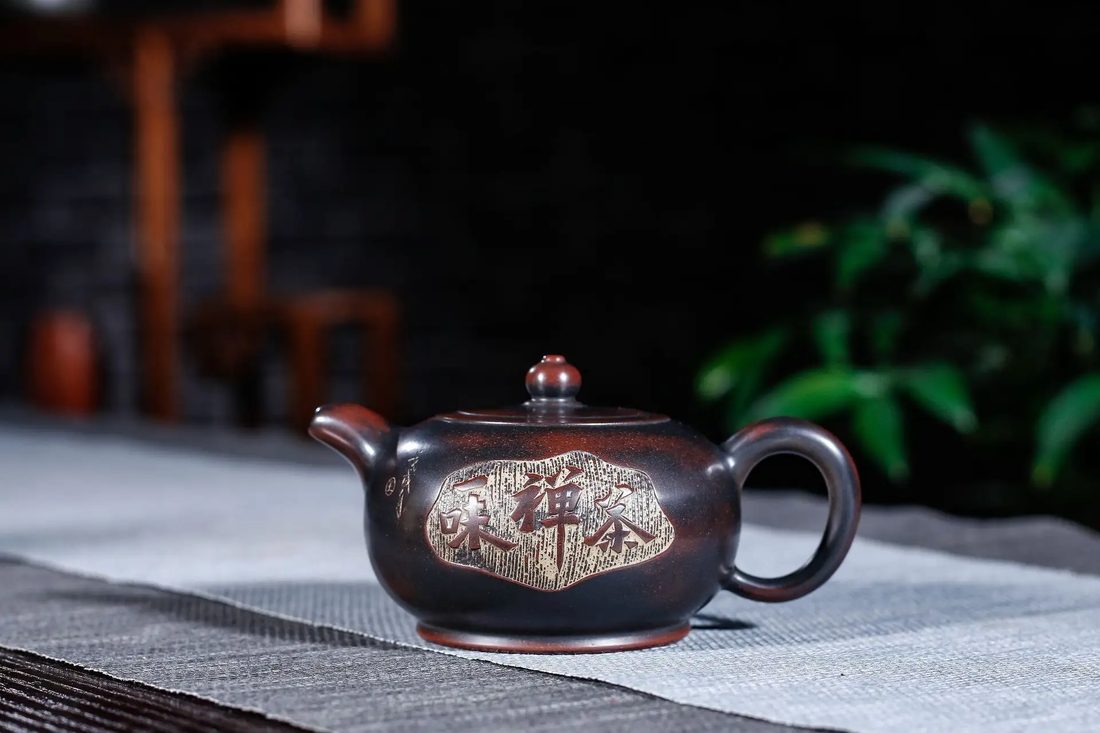
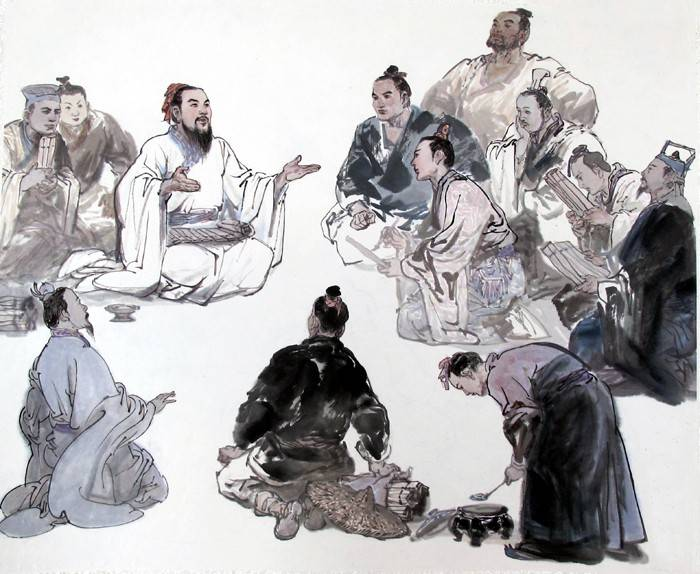
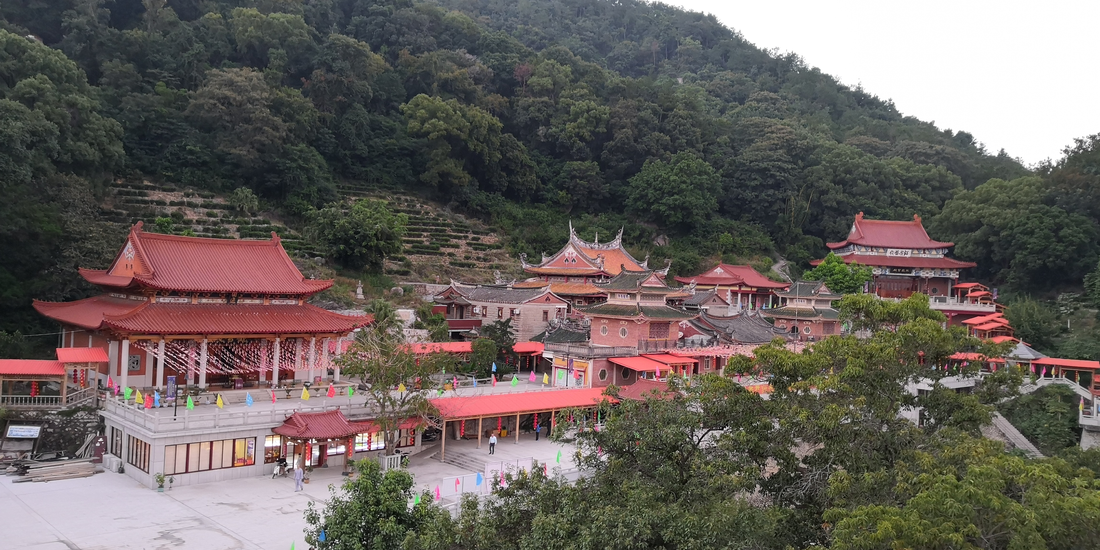
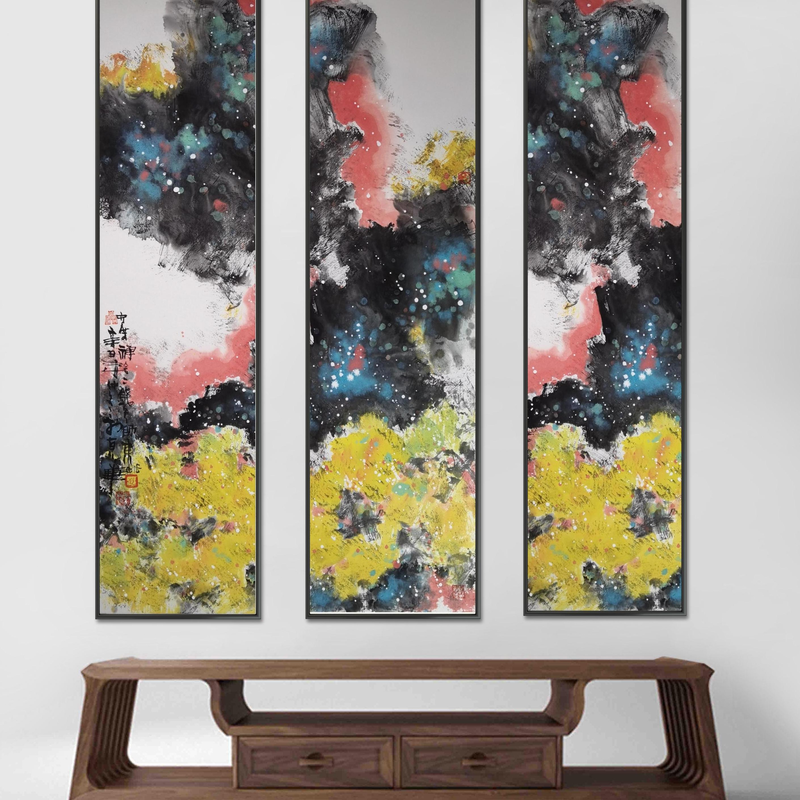
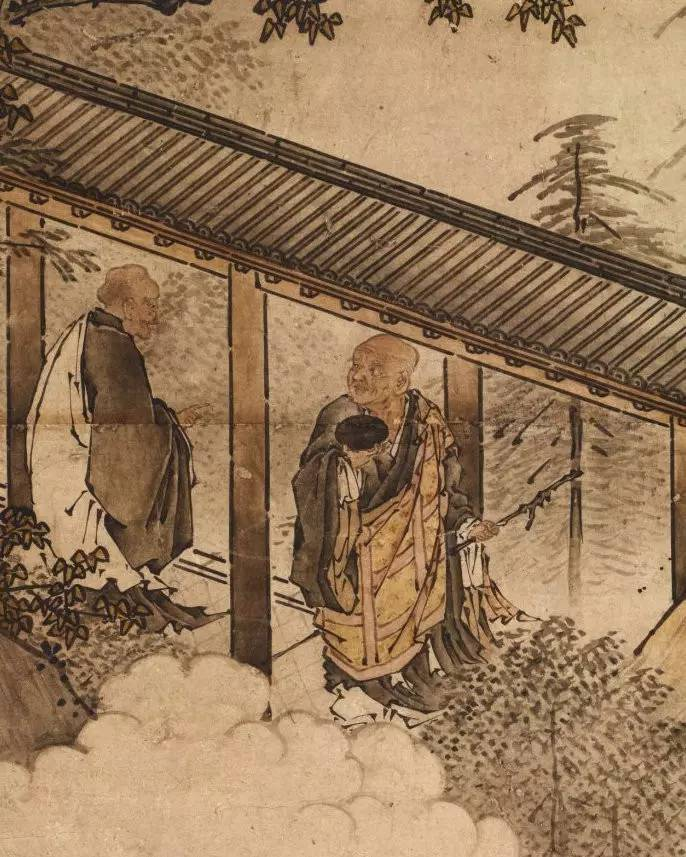
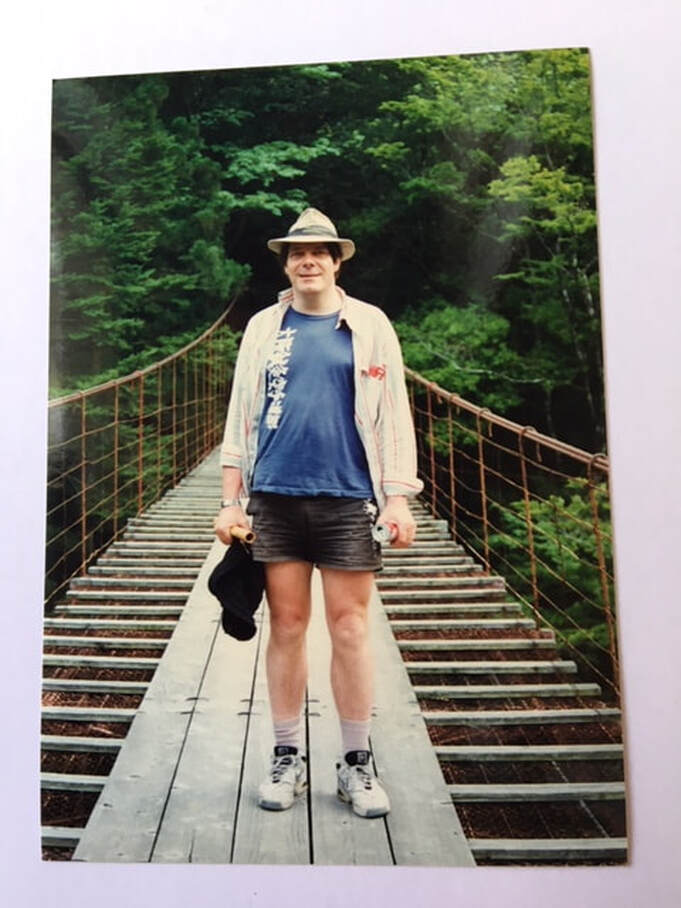
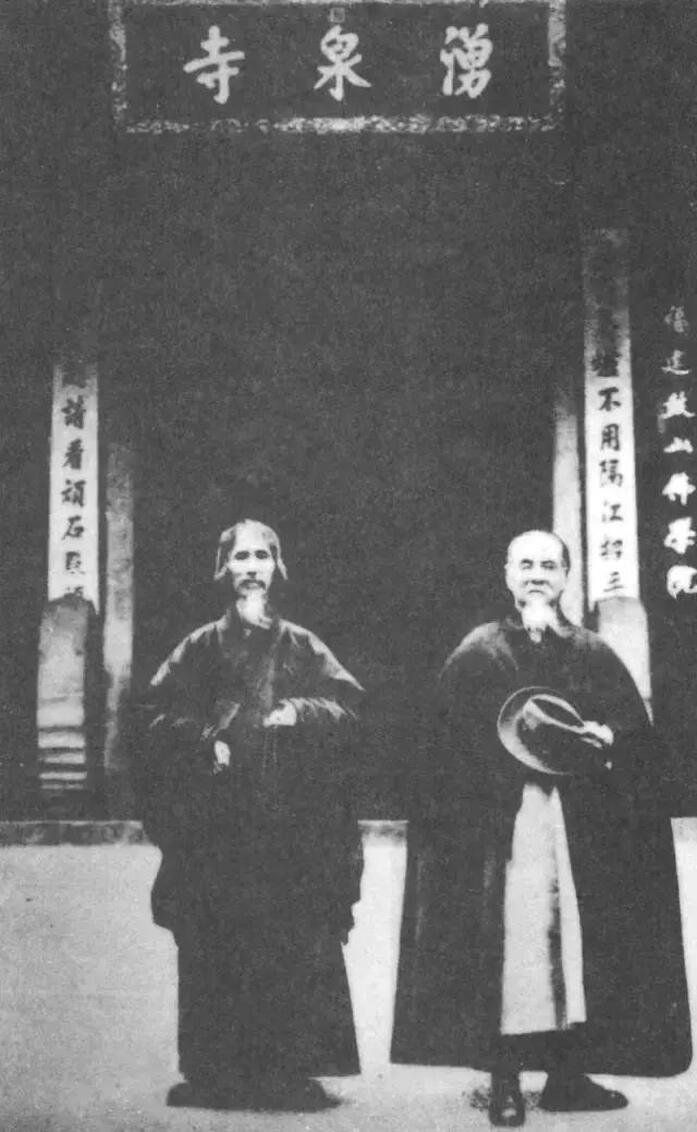
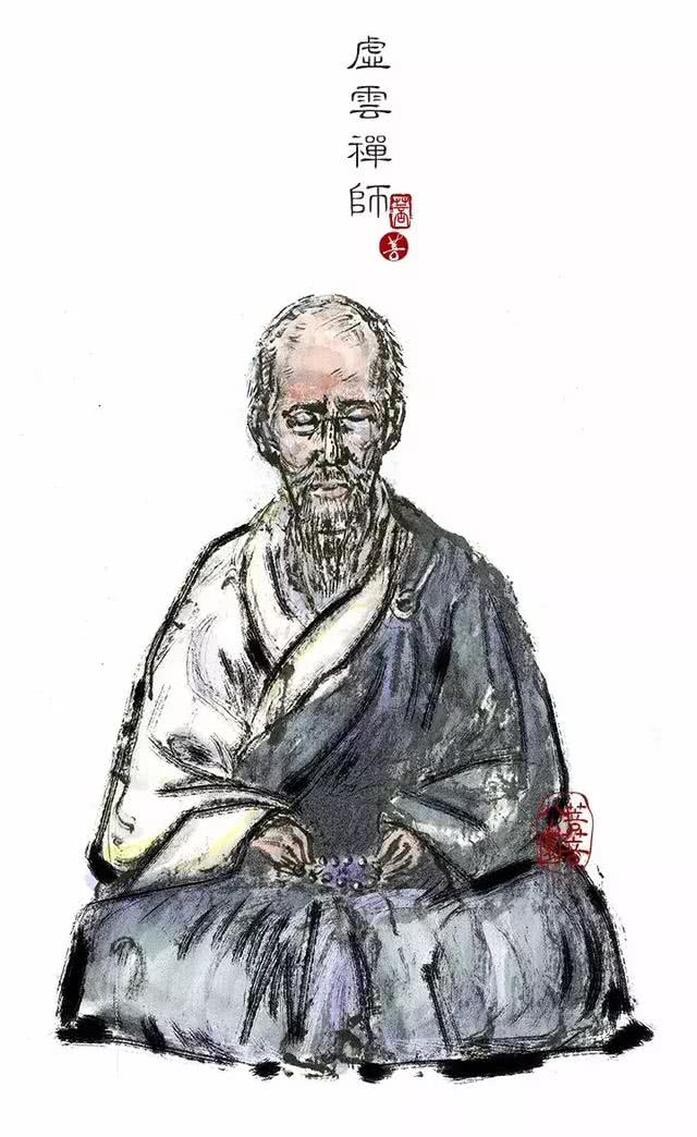
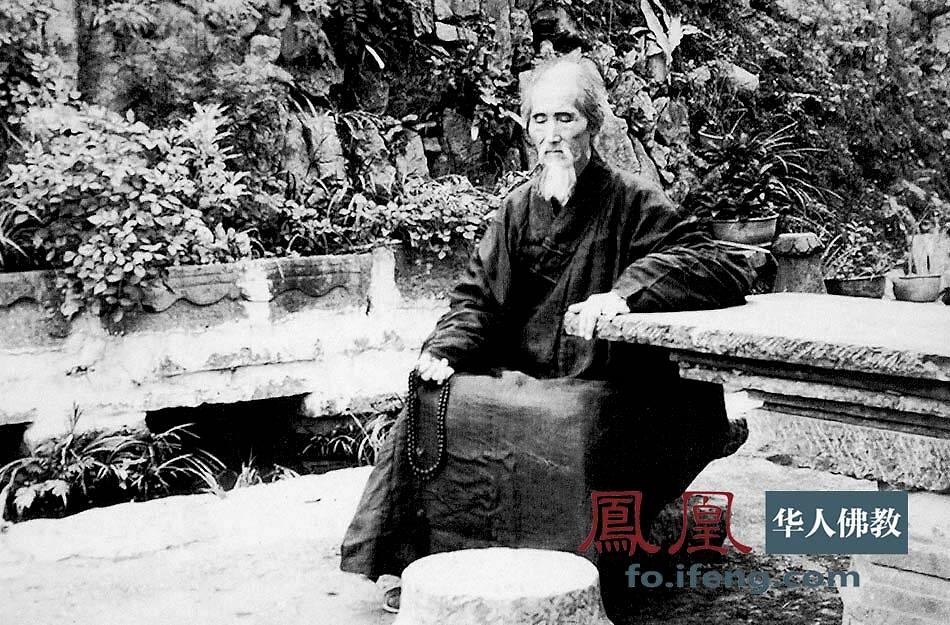
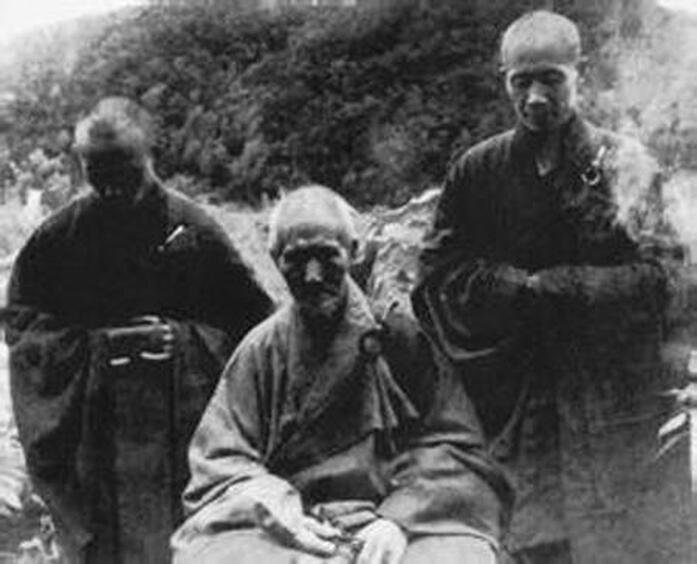
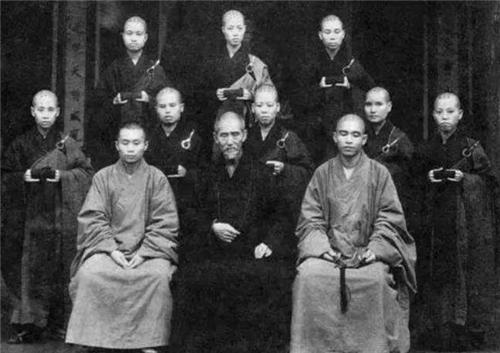


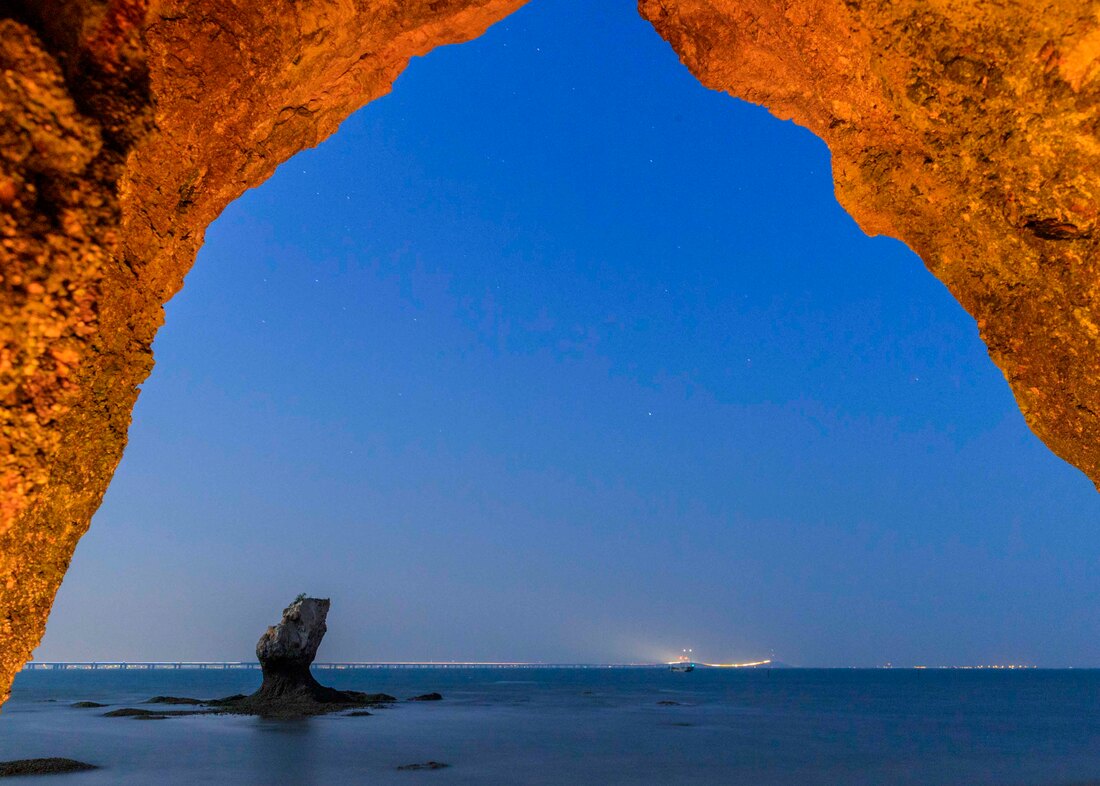

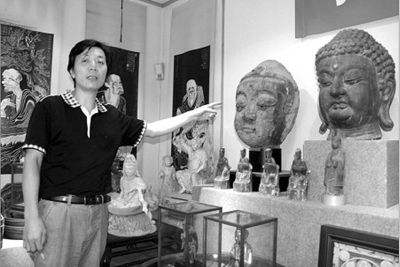
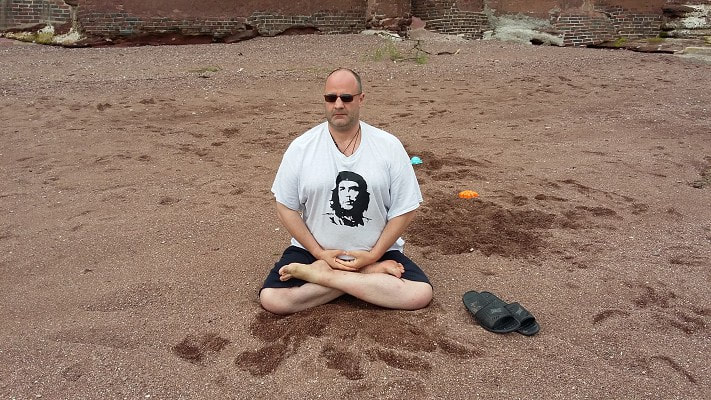
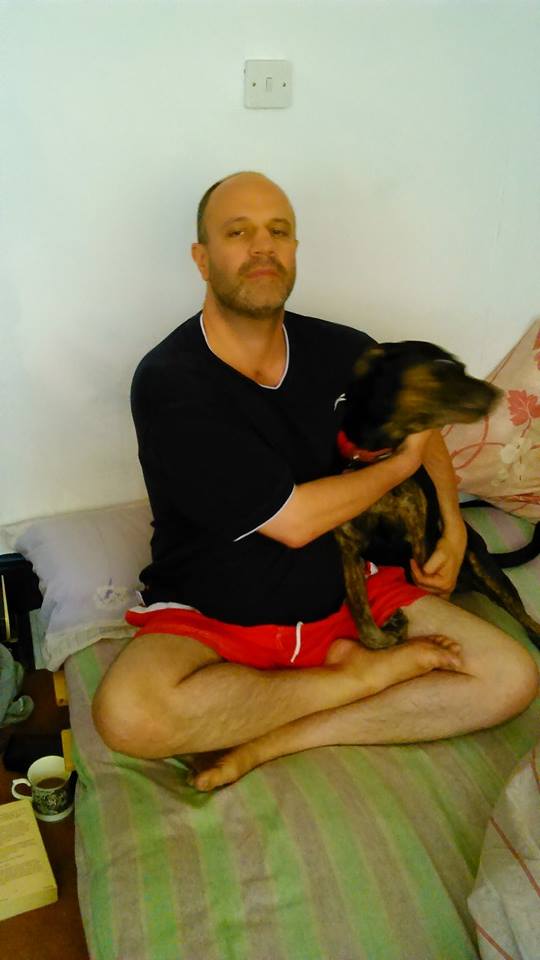
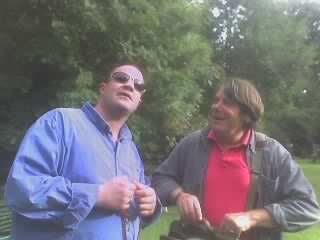
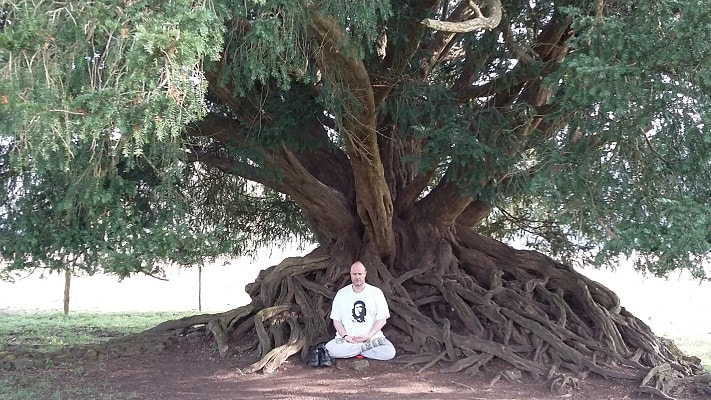
 RSS Feed
RSS Feed